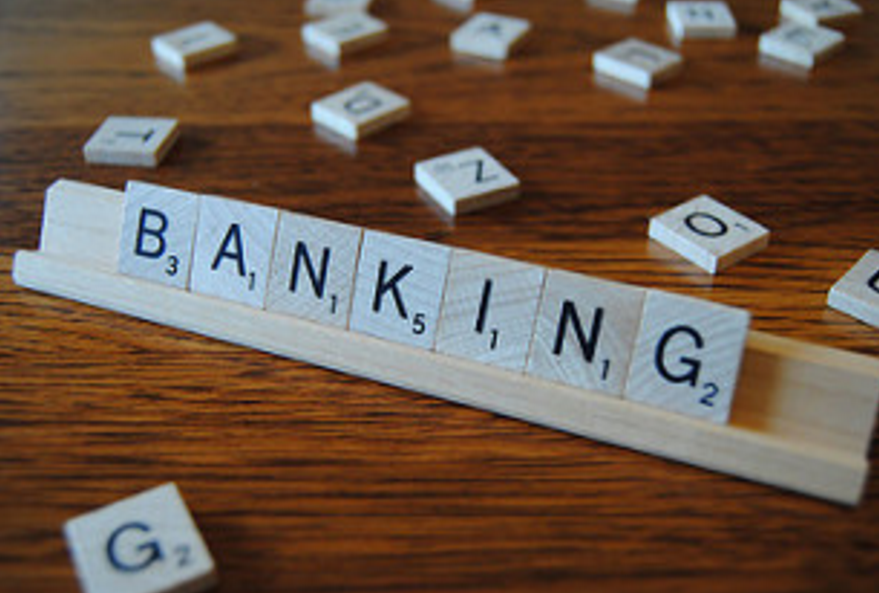What’s worse than making a mistake? Making a mistake that you don’t know about.
It’s dressing inappropriately for a job interview or the inappropriate use of the terms their, there, and they’re on your public social media posts.
When you realize it, you are mortified. Not just because you made a mistake, but because you were unaware of it, and now people think you are clueless (in addition to being dumb).
It’s OK. We’ve all been there.
When it comes to your finances, however, mistakes can cost a lot more than an embarrassing moment. They can keep you from getting that car you’ve been longing for or landing your dream job.
You may think that by balancing your checkbook (yeah, some people still do), paying your bills on time, and not charging over your credit card limit is all it takes to be financially sound. But could it be that you are unknowingly digging your own grave when it comes to your finances?
Look for these three warning signs to assess your financial health.
- You don’t monitor your credit
You know the drill. Excellent credit equates to lower interest rates, meaning more cash in your pocket. So if your credit is good you want to make sure it stays that way by checking your file activity at all times.
On the other hand, you may be thinking: if I don’t have any credit or my score is not that great, what’s the point?
Two reasons. One, your credit report contains data used to calculate your score and it may contain errors. The process of building or improving your credit will be much easier if you have a clear picture of what it looks like. Two, with identity theft at an all-time high, having some sort of credit monitoring system is a must.
Now, this doesn’t mean that you need to shell out $100 (or more) per year for a fancy credit monitoring service. By law you are entitled to a free report every year from each of the three credit bureaus. So you can order a different one every four months, scan it for irregular activity, and take necessary measures to improve or maintain your score.
- You’re failing to review your bank and credit card statements
The reality is that banks can make mistakes, rarely, but they can.
Something that happens more often than you think in financial institutions is the change of terms, conditions, and products. Your interest rate could have gone up, your minimum balance requirement or monthly maintenance fee could have been increased, and so on and so forth.
Your bank may send you an email notification or a letter, but let’s be honest we don’t always open them.
So you can be blindly throwing money out the window by not reviewing your bank and credit card statement on a monthly basis.
- You blame the bank for your negative balance
By utilizing tools like online and mobile banking, you can review all pending transactions that might not display at the ATM before making withdrawals or purchases.
If you are having trouble keeping track of your expenses in relation to your actual balance, consider setting up a back-up account like a savings or line of credit as overdraft protection.
Still find yourself constantly racking-up overdraft fees on your checking account?
You may want to think about switching to a prepaid card. Because you can’t spend beyond the loaded value, prepaid cards can be a good start for teens or people that are having trouble maintaining traditional checking accounts. They can keep you away from overdraft fees and bad credit history until you get comfortable with your financial habits and find a system that works for you.
The truth about financial mistakes
It’s easy to blame someone else for our mistakes. By doing so, we don’t have to punish ourselves or feel guilty. It’s also easy to get caught-up in our everyday routines and forget important things like reviewing credit card and bank statements.
Here is the thing; all this is a lot simpler than it sounds once you get into the habit of doing it. And don’t forget, in this case, not recognizing your mistakes and making a change quickly is only costing you more money.

